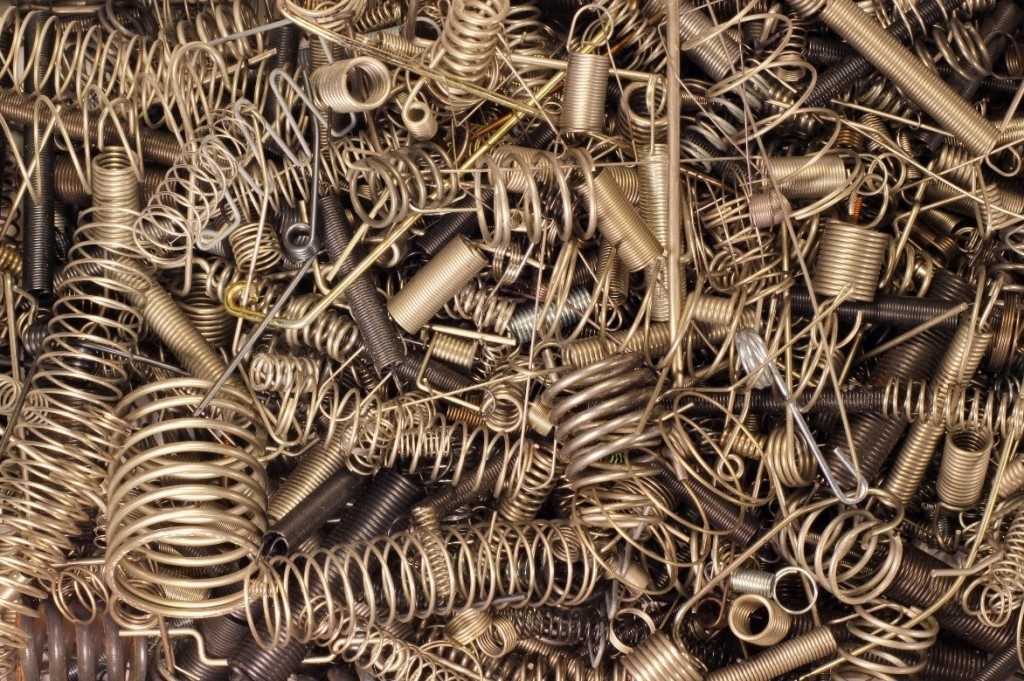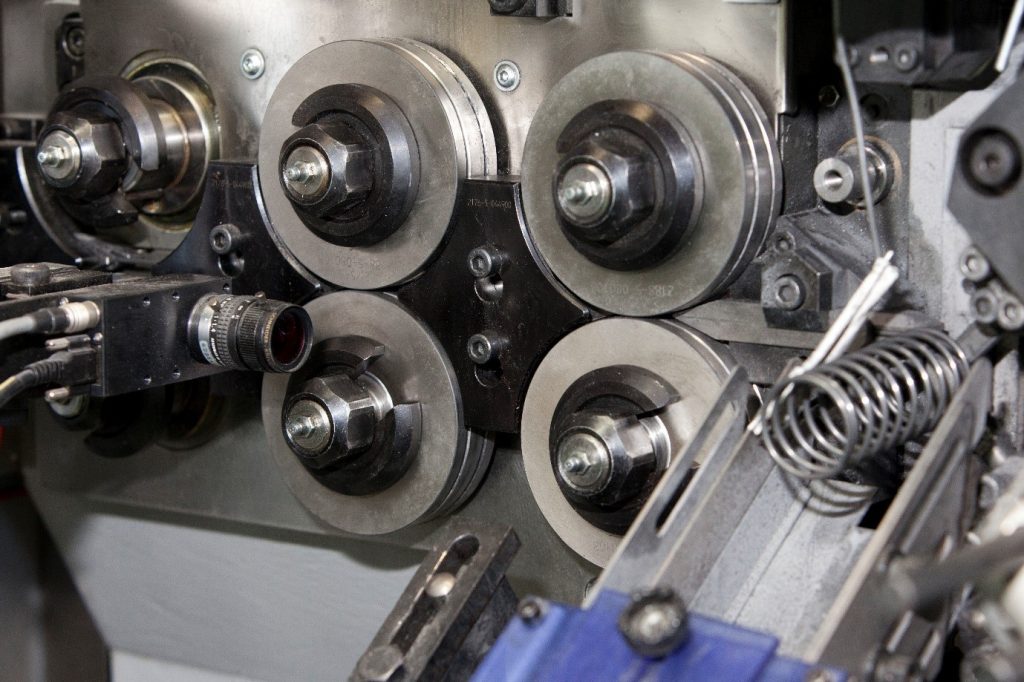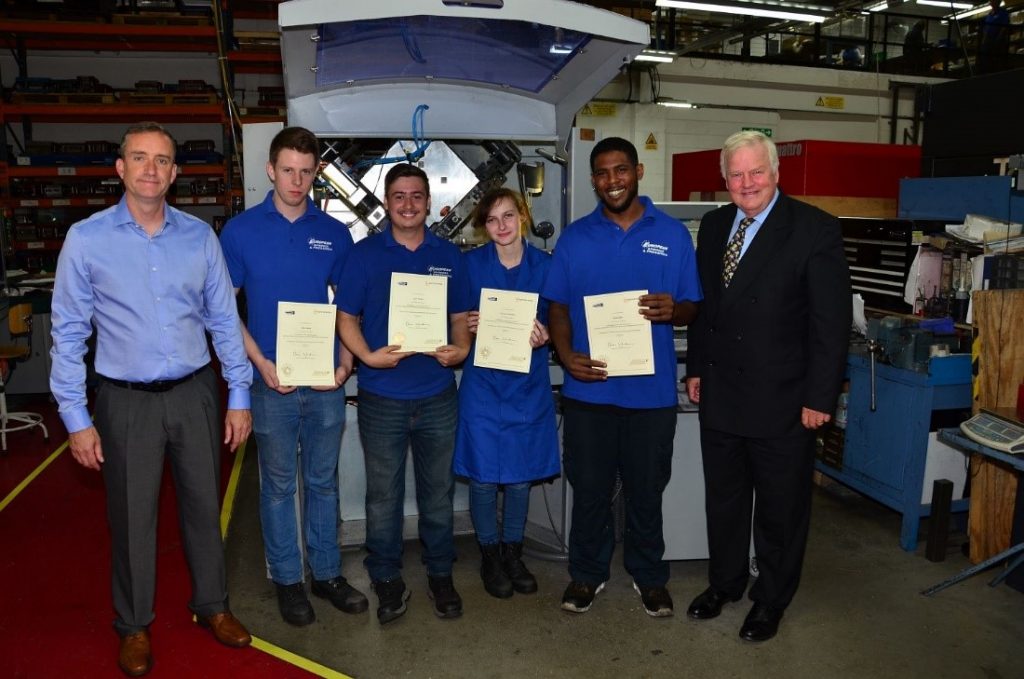With Brexit being pushed back until 31st January 2020, manufacturing businesses have more time to ensure they are fully prepared for Brexit when a deal is struck. While Brexit has been rumbling on for the last few years, there are still a large proportion of businesses who are not yet prepared for Brexit.
Here, we take a look at what manufacturing companies can do to best prepare for Brexit, listing some of the steps your business should consider taking to minimise the impact over the coming years.
Plan For The Short and Long Term
Whilst things are still relatively unclear when it comes to effects Brexit is likely to have on the UK; it’s important that your business does have some plans in place for the months following and longer-term plans too.
You will need to consider just what implications Brexit may have on your business on an individual scale, for example:
- Will my current workforce begin to leave the company following Brexit?
- Are there any existing trade relationships I have with companies in the EU?
- Do I need to stockpile stock, or begin selling off surplus ahead of Brexit?
- How will I communicate any changes to business operations due to Brexit to existing and potential customers?
Whilst these are just some of the questions your business needs to consider, it’s important that you spend significant time carefully considering each and every eventuality so you can be sure you have covered everything.
Putting short term measures in for the months following Brexit is important to ensure your business continues operating at close to normal levels where possible. If your business can continue to work efficiently and still distribute your products at normal levels, then the impact of Brexit on your manufacturing business should be minimal.
Once you have made it through the initial months following Brexit, you should then start thinking longer term, looking to ensure your business has a plan in place to guarantee growth in the years after the UK leaves the European Union.
Invest In New Technology and Innovation
There is a common misconception that businesses should look to cut back on investment within the business in the lead up to Brexit – however, this isn’t the case for the vast majority of companies. If you have the funds and capability available to you, then you should definitely keep investing in the very latest technologies to enhance current internal processes.
Taking the time to properly assess any potential technologies you could implement into your company is absolutely vital, if there is the possibility of making your workflow more efficient or cheaper in the long run, don’t be afraid to invest, even with Brexit fast approaching. It’s fair to say that the new technologies and innovations made in your company could be extremely beneficial if overall productivity drops following Brexit.
Recruit and Retain The Right People
Ensuring that you have the right staff in place in the lead up to, and after Brexit is essential to the success of your business. If there is an opportunity to hire a new member of staff who is able to carry out an important role within your business, it’s vital that you do your best to hire them. It’s well documented that highly skilled workers are few and far between in the manufacturing industry at present, so any opportunities that present themselves simply must be taken.
When it comes to retaining talent, it’s important that your business has a well thought out strategy ahead of Brexit to ensure there are measures put in place that will guarantee your current workforce want to stay with your business. Laying out plans for upskilling within the business, potential pay rises, and bonuses are a great way to ensure your workforce stays motivated throughout the year, especially when Brexit does hit.
It’s also worth noting that there is a good chance that if you do employ any EU Nationals in your workforce that they will probably be affected by Brexit in some way, so it’s important to plan for any eventuality. Also, don’t forget to offer support to any EU Nationals who are working within your business throughout the process, they will likely be extremely worried about what will happen in the future. Taking the time to offer additional support to these employees is vital and will raise morale among other workers too.
As expert spring manufacturers, we are taking precautions to ensure that our business and valued customers are not affected by Brexit. We hope that you found our advice helpful, and hopefully you can begin using some of the tips to guarantee the future of your business post Brexit.















